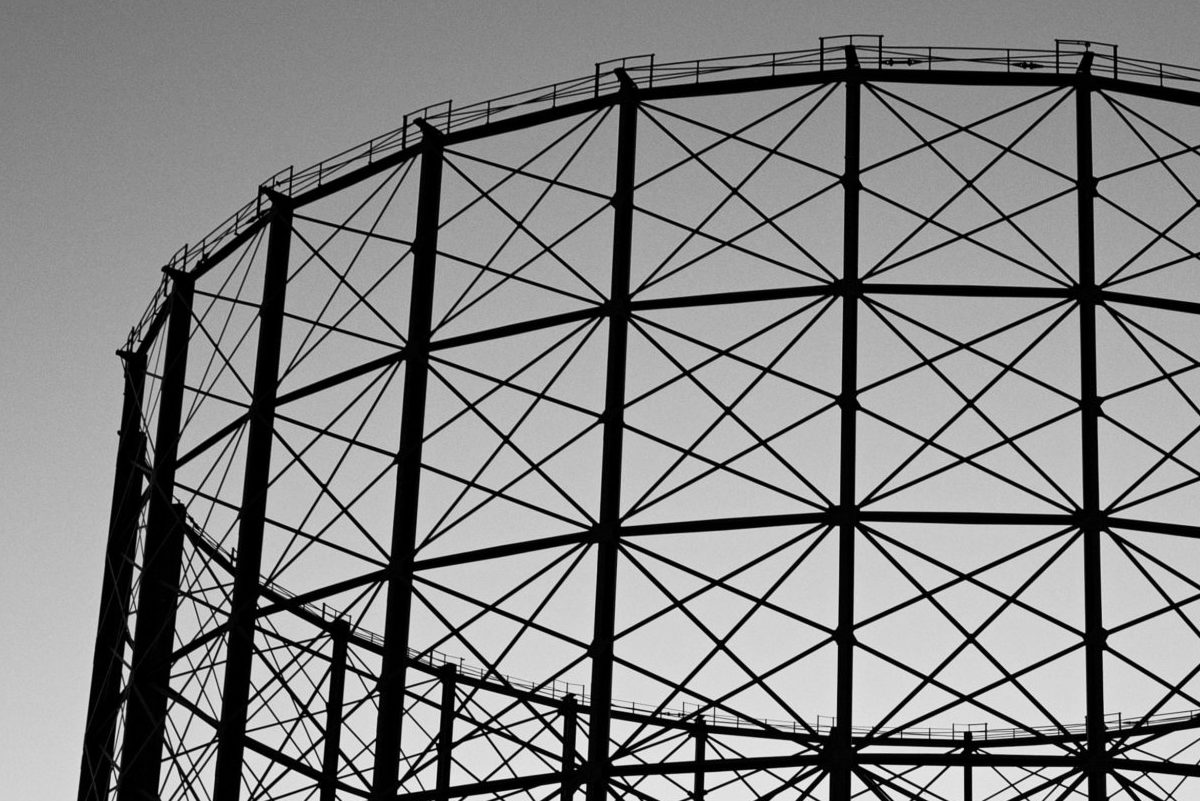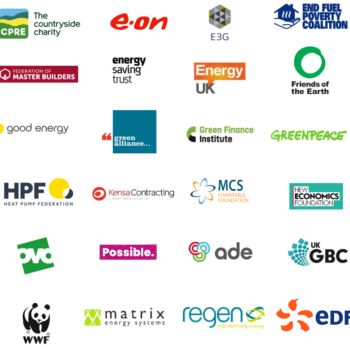Household bills will jump this winter as the wholesale energy market reels from a spike in the price of gas, with further price rises expected in the spring. Knock-on effects from the UK gas crisis could also include food shortages, industrial shutdowns, and bankruptcies among energy retailers.
New analysis from E3G shows that the energy crisis is regressive, disproportionately impacting those on low-to-middle incomes. The effects are exacerbated by the UK’s inefficient housing stock. The UK gas crisis underscores the UK’s need to smoothly transition away from gas and onto a zero-emissions energy system. Not just to fight climate change, but to reduce consumers’ and the economy’s exposure to volatile gas markets.
The new analysis finds that improving the energy efficiency of homes currently rated ‘D’ or worse for energy performance to ‘C’ would save households £511 per year should prices rise again in April as they are expected to – more than cancelling out the bill increases. Of the households with below average incomes living in these homes, 81% are deemed ineligible for nationally available government support.
The findings make the case clearer than ever for a national energy efficiency infrastructure investment programme accessible to all, delivered through the Spending Review and forthcoming Heat & Buildings Strategy.



